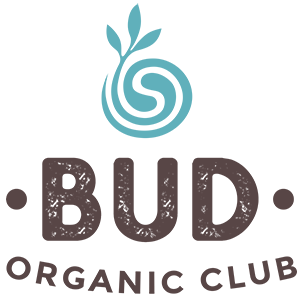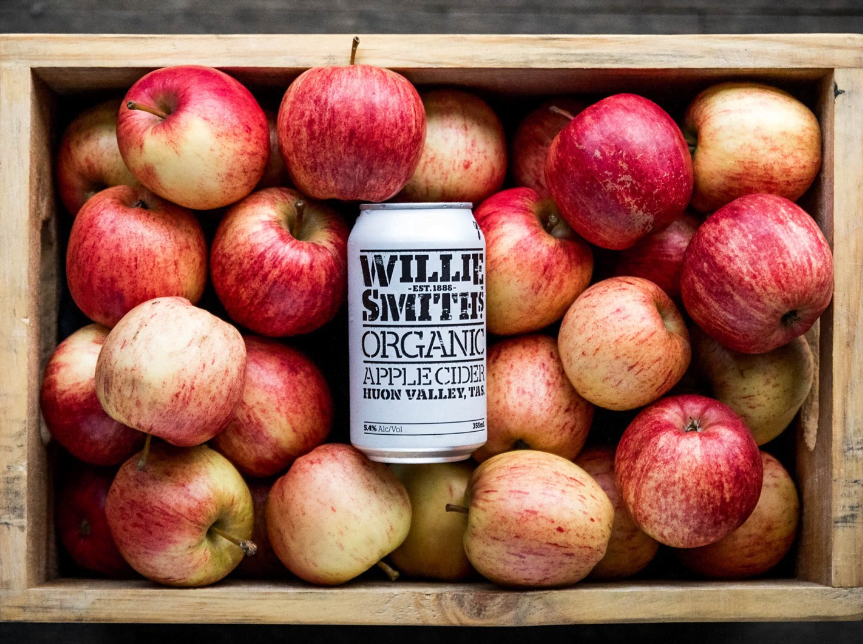Have you ever wondered what makes organic cider so special? From the magic of cider-making to the technicalities of apple production, let’s dive into the juicy details and celebrate the natural expression of the fruit that makes organic cider a sip above the rest!
From orchard to bottle
Close your eyes and envision a picturesque apple orchard, where apples blush under the gentle touch of the sun. Organic cider begins its journey here, where hand-picked apples are washed, crushed and pressed to release their juice. The juice then ferments (converting sugar to alcohol) and matures to produce cider, with varying dryness (amount of residual sugar following fermentation) depending on how long the fermentation process lasts. Because of this, cider apples often have more sugar and tannins (contributes to depth of flavour) compared to regular apples.
A healthier and tastier choice
Before you have cider, you need apples and pears, and lots of them! Organic apples are grown without the use of synthetic nitrogen fertilisers, toxic pesticides or GMOs. That means you can indulge in organic cider without worrying about unwanted chemical residues. The cider apples are crushed whole during the cider making process, so any chemicals on the apple might make their way into the non-organic cider. The same goes for the fermentation process. Non-organic cider may also use additional sulphites to control the process, artificial enzymes to speed up the procedure and other synthetic preservatives or other ingredients as part of production.
The natural expression of fruit
Organic cider concentrates typically use naturally occurring wild yeasts or carefully selected organic yeast strains to ferment the apple juice into cider. This approach allows the fermentation to occur naturally, capturing the unique flavors and characteristics of the apples.
Supporting the environment
Organic uses proactive practices that work with nature to prioritise natural pest control methods, composting and biodiversity to nurture apple trees. By choosing organic cider, you’re supporting biodiversity, reducing soil erosion, and promoting cleaner waterways.
Let the apples (or pears) do the talking
Have you ever seen perry and wondered what it is? Well perry, is similar to cider except pears have been used in lieu of apples. Both cider and perry allow for 25% use of apples or pears, however, the name reflects the dominant fruit in the beverage. Typically, perry is a little bit sweeter than cider, however, the benefits of organic production are equally reflected within the end product.
From the orchard to the bottle, organic cider is crafted with love and care, allowing the natural expression of the fruit to shine through. So, the next time you raise your glass, make it an organic cider or (perry)! Always look for the ‘Bud’ logo or a certification mark to ensure your drink is truly organic.
Organic Cider Glossary
Sulphites: Sulphur dioxide compounds that occur naturally in certain ingredients used to make alcoholic drinks. Additional sulphites are often used in non-organic wines and ciders.
Yeasts: Micro-organisms (classified as members of the fungus kingdom) that can be utilised to produce alcohol during the fermentation process.


